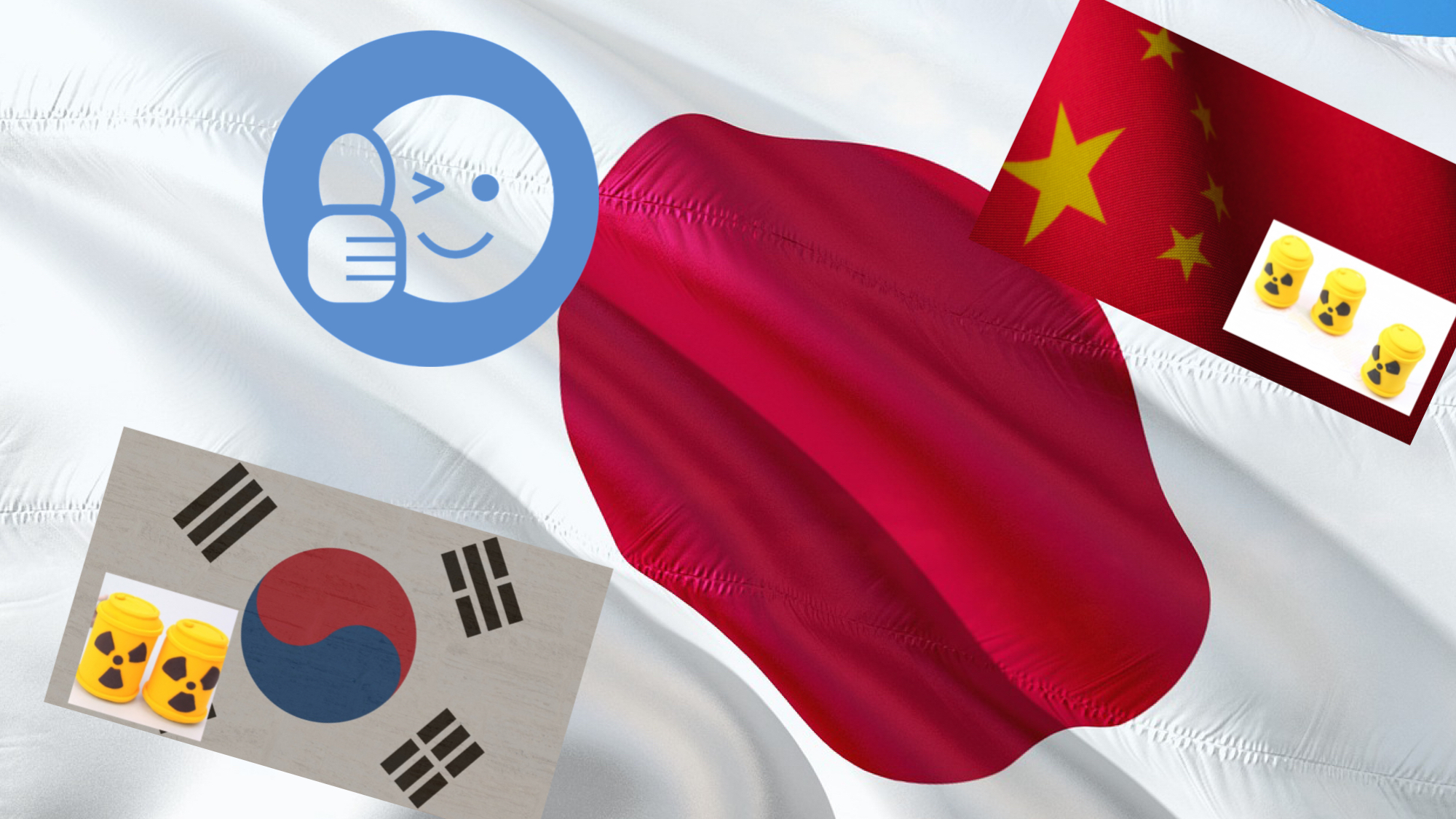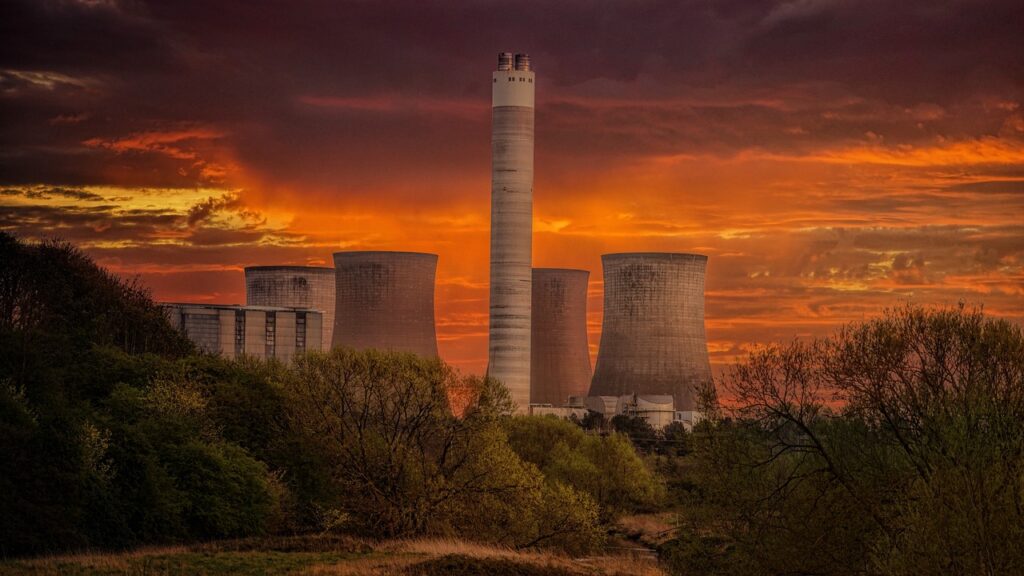★my english is not perfect. There will probably be typos, omissions, and grammatical errors in this article. Thank you for your understanding.


Publication of the IAEA Comprehensive Report on the Safety Review of the ALPS Treated Water at TEPCO’s Fukushima Daiichi Nuclear Power Station (FDNPS)⇩
Learn from very basic knowledge
In particular, the Chinese people who are puppets of the Chinese government, the South Korean left-wing political parties, left-wing civic groups, and the South Korean people who support them must learn the truth! !
- What is ALPS treated water?
The water containing radioactive substances in the buildings of TEPCO’s Fukushima Daiichi Nuclear Power Station is water from which radioactive substances other than tritium have been removed through a purification process until it meets safety standards.
Tritium is also significantly diluted with seawater before disposal to ensure it fully meets safety standards. The concentration of tritium after dilution is less than 1/40 of the safety standard set by Japan (approximately 1/7 of the WHO drinking water standard).
In addition, as the amount released is controlled and disposed of while meeting safety standards, there is no possibility of any impact on the environment or the human body.
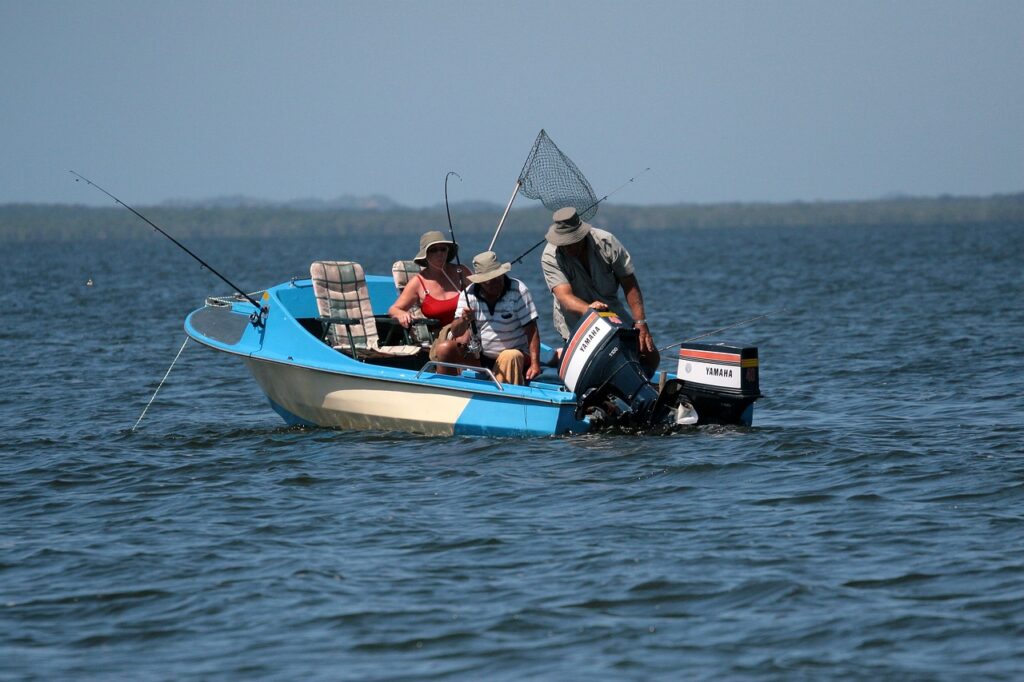
2. what is tritium?
Tritium is a member of the hydrogen family and is produced naturally every day. Therefore, it is included in tap water, rainwater, and even our bodies. This is a radioactive substance that is widely found in nature.
The radiation energy emitted by tritium is so weak that even a sheet of paper can block it.
Tritium is discharged into the sea from many nuclear facilities around the world, but no effects caused by tritium have been found around the facilities.
3. Is it really okay to release it into the ocean?
ALPS treated water is water that contains radioactive materials inside the building of TEPCO’s Fukushima Daiichi Nuclear Power Plant. Water that has been purified to meet safety standards to remove radioactive substances other than tritium. What’s more, tritium is significantly diluted with seawater before being disposed of so that it fully meets safety standards. Therefore, there is no need to worry about the effects on the environment or the human body.
Of course, a third party will be required to thoroughly check whether there have been any major changes in the concentration of radioactive materials in the ocean before and after they are released into the ocean.
The IAEA, a United Nations agency with extensive expertise in nuclear power, concluded in a comprehensive report that the release of ALPS-treated water into the ocean is “in compliance with international safety standards.” Furthermore, it is clearly stated that the radiation effects on humans and the environment are negligible. Checks by the IAEA are carried out not only before release, but also long-term after release.
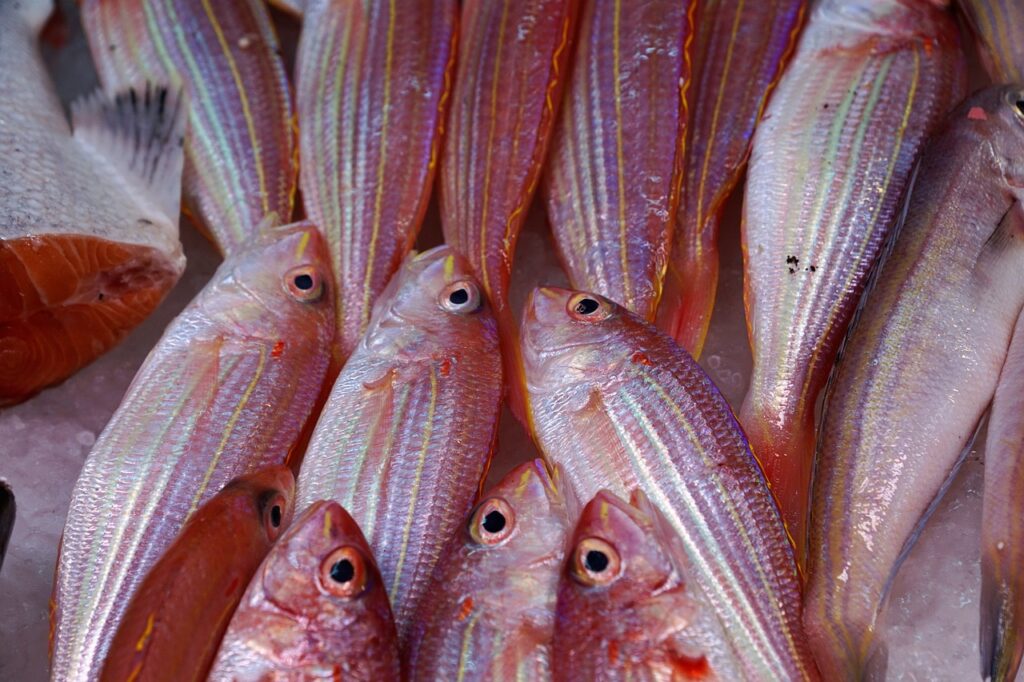
4. Is it safe to fish caught in the nearby sea?
Considering that we eat a lot of fish from nearby seas on a daily basis, an evaluation of the impact of ocean release on the human body based on international methods has shown that the impact is extremely small compared to the radiation we receive on a daily basis (natural radiation). got it. Specifically, the ratio is approximately 1 in 1 million to 1 in 70,000. As a result, there are no safety issues with fish caught in nearby waters.
Additionally, regular monitoring will be conducted before and after release into the ocean to confirm whether there are any significant changes in the concentration of radioactive materials in the ocean or fish.
Publication of the IAEA Comprehensive Report on the Safety Review of the ALPS Treated Water at TEPCO’s Fukushima Daiichi Nuclear Power Station (FDNPS)⇩
Shocking comparison results of nuclear power plants in China and South Korea releasing contaminated water into the ocean!
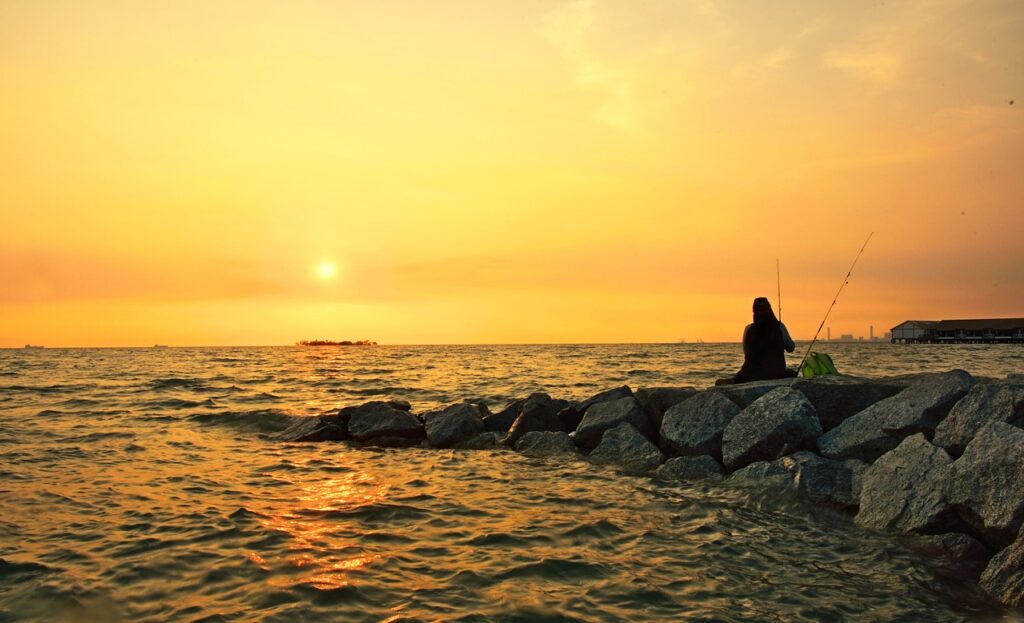
In recent years, the impact of contaminated water from nuclear power plants discharged into the ocean from China and South Korea has become a hot topic. This article explores the differences between these two sources of pollution and considers their respective impacts on marine ecosystems.
China has long been criticized for its lack of transparency regarding its nuclear activities. Due to lax safety standards and insufficient reporting, accidents that cause serious environmental damage have occurred frequently.
In 2015, there were reports that Chinese authorities released radioactive wastewater into the sea without informing local residents or providing proper monitoring systems.
This type of wastewater is largely unregulated by government agencies and can contain a variety of pollutants, including heavy metals, radionuclides, and organic pollutants.
Compared to China’s emissions, South Korea’s approach to waste management is much more comprehensive and regulated by governing bodies such as the Nuclear Safety and Security Commission (NSSC).
Problems of illegal dumping and mismanagement that occur in Korean waters still exist due to technical limitations and operator negligence.
However, greater efforts are being made to prevent potentially harmful substances from entering marine ecosystems.
Importantly, when comparing ALPS-treated water from the Fukushima Daiichi Nuclear Power Plant with effluents from China and South Korea, For example, radiation levels in treated water from the Fukushima Daiichi Nuclear Power Plant tend to be very low due to dilution during processing.
Radiation levels found in Chinese waters can be quite high due to the lack of regulations on disposal methods.
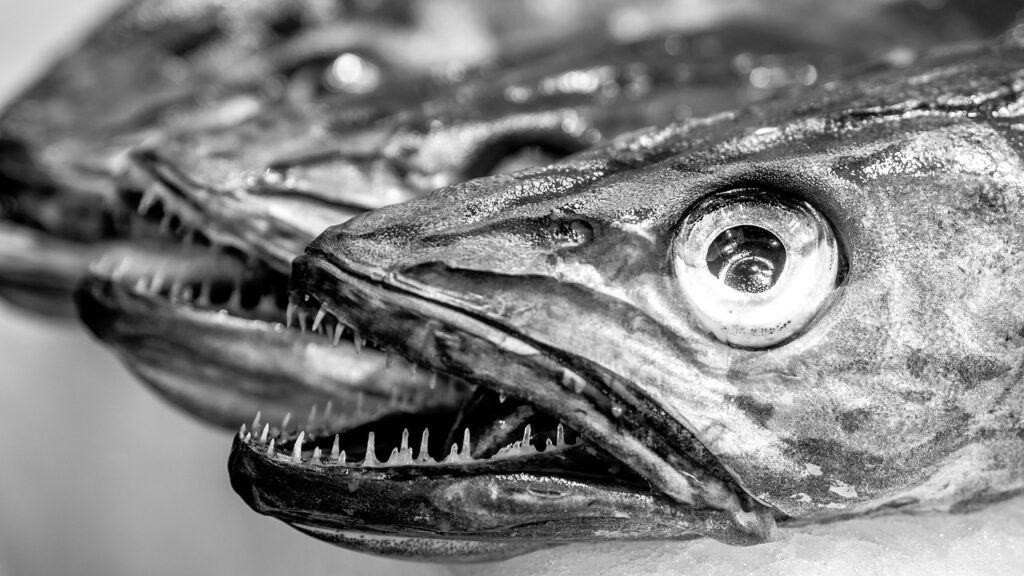
Ultimately, both China and South Korea should consider reducing their respective nuclear waste if they wish to reduce negative impacts on local marine ecosystems and public health concerns from consuming seafood from disaster-stricken areas.
A comparison of these two sources with Fukushima ALPS treated water provides an insightful look at the risks associated with improper disposal methods.
An international research team also compared samples taken from nuclear power plants in China and South Korea with samples taken from the Advanced Liquid Handling System (ALPS) in Fukushima.
Interestingly, the Fukushima ALPS treated water contained relatively low concentrations of cesium-137 and 134 isotopes (0.02 becquerels per liter).
Concentrations up to 76 times higher than this limit were detected in effluents from nuclear power plants in China and South Korea.
Further analysis revealed that the wastewater discharged into coastal areas of China and South Korea contained heavy metals such as zinc, copper, lead, and cadmium, persistent organic pollutants (POPs) such as polychlorinated biphenyls (PCBs), DDT, and uranium-238.
It was found to contain various kinds of harmful substances, such as radioactive isotopes, nitrates, etc.
All of these contaminants can cause long-term damage to marine ecosystems through bioaccumulation in food webs and direct toxicity that results in reproductive impairment and death of species living near the point of release.
It is clear, therefore, that stricter regulation of how wastewater is treated by nuclear power plants around the world is needed if we are to avoid long-term environmental damage such as that seen in China and South Korea due to irresponsible treatment practices. .
While it is heartening news that the Fukushima ALPS treatment system appears to be effective in reducing pollution levels below health standards before they are released into the oceans and waters, the Japanese government has indicated that a similar process will be implemented. Adopted by all facilities around the world, steps must be taken to ensure that our oceans remain free from pollution.
I want to say the last thing
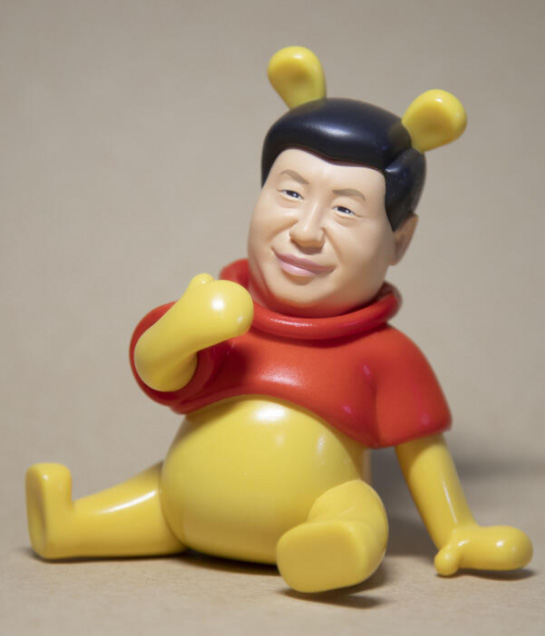
Recently, China has been simply harassing Japan and conducting political propaganda without providing any scientific evidence. Highly educated and common sense Chinese people are calmly viewing and judging this foolish response by the Chinese government.
However, some uneducated and ill-mannered Chinese people have become puppets of the Chinese government and are foolishly being manipulated. This is letting the whole world know that we are ignorant and ignorant.
And this is the same for South Korean leftist political parties, leftist citizen groups, and the Korean people who support them.
China must not lift Japan’s seafood import ban until all ALPS-treated water from Fukushima is released into the ocean for the next 30 years.
China must also ban seafood fishing in waters near Japan. Japan is very troubled by China’s overfishing and poaching of seafood.
In the future, Japan will steadily expand the sales channels for Japanese seafood to friendly countries that support Japan. Japan and other countries suffering from the lawless state of China must cooperate with each other and decouple from China.
